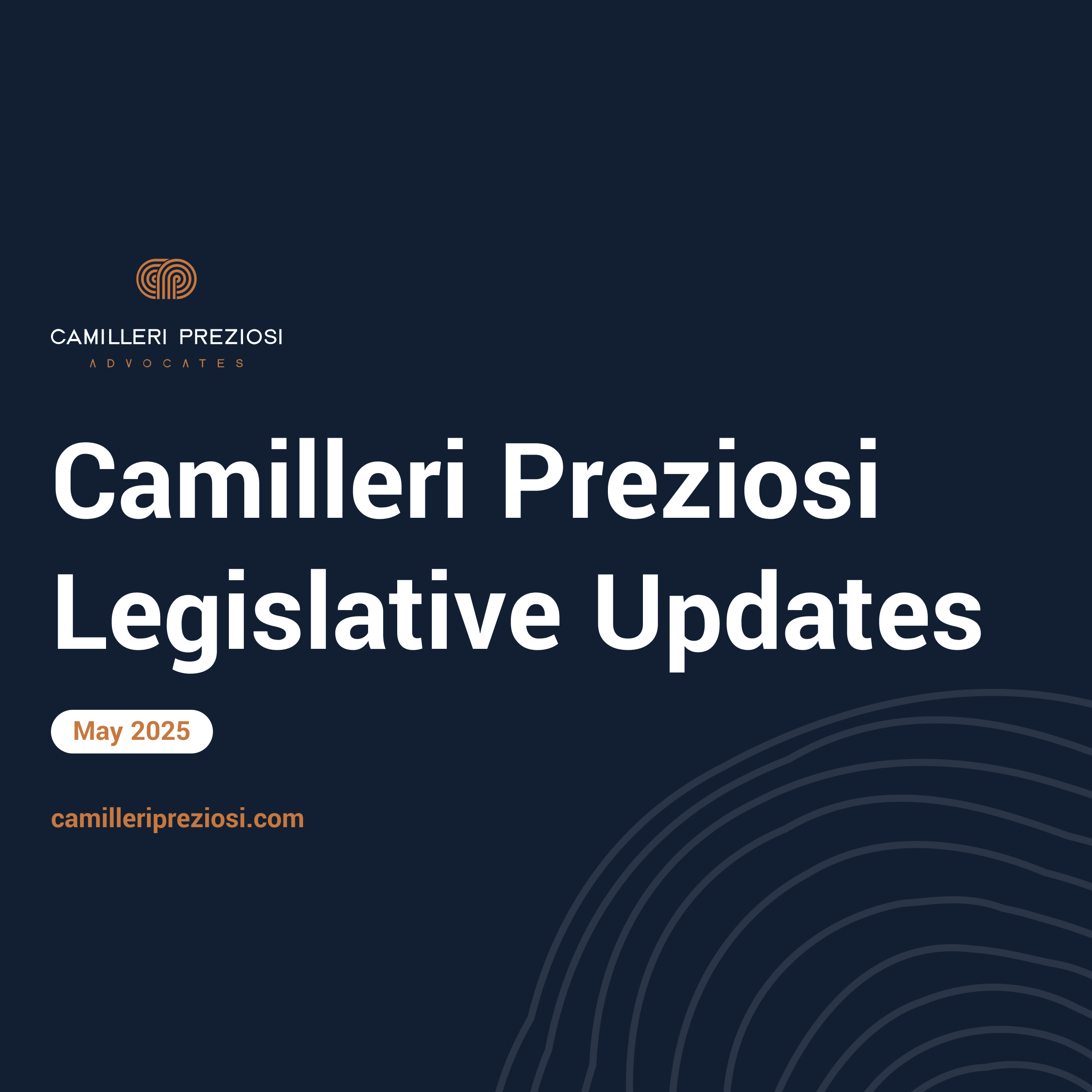
The European Commission has adopted a new framework setting out guidance on State aid to foster support measures in sectors which can significantly contribute to the net-zero economy transition – a framework which Executive Vice-President Vestager described as giving Member States “the option to give State aid in a fast, clear and predictable way.”
This follows a consultation to Member States which the Commission launched earlier this year.
Apart from prolonging and amending the framework related to the war in Ukraine (already amended in July and October last year), the main elements of the framework are setting parameters within which Member States may support, in particular, the rollout of renewable energy, energy storage and schemes for industrial decarbonization, until the end of 2025. The provisions which are more directly linked to crisis consequent to the war in Ukraine, however, so far remain applicable until the end of 2023.
The simplification of support procedures for smaller projects and technologies which are ‘less mature’ (like renewable hydrogen), the simplified aid calculations, the expanded possibilities of support to the deployment of all renewable energy sources, together with increased aid ceilings, are all very welcome adjustments, and could be interesting to specific sectors, such as aviation, insofar as sustainable aviation fuel (SAF) is concerned.
SMEs and companies located in disadvantaged regions are eligible for higher support, to ensure that cohesion objectives are duly considered. Higher percentages of the investment costs may be supported if the aid is provided via tax advantages, loans or guarantees, as opposed to direct grants.
Member States are also given the opportunity to deliver projects falling within the scope of the framework under the post-Covid National Recovery Plan, thereby accessing EU funds for this purpose.
On the same day it adopted the new framework, the Commission also endorsed amendments to the General Block Exemption Regulation (GBER), intended to increase flexibility in designing support measures in sectors which are key to the transition to a net-zero industry. The GBER declares certain categories of aid (which fulfil certain conditions) as compatible with the Treaty. Accordingly, measures falling within the scope of the block exemption do not require prior notification to, or approval of, the Commission.
These amendments, which will also see the GBER extended up to the end of 2026, provide further flexibility and facilitate the ‘green transition’ envisaged in the Green Deal Industrial Plan.
The formal adoption of the amendments to the GBER is expected in the coming weeks, entering into force the day following its publication in the EU Official Journal.
Considering certain elements of these measures, not least those having the clear aim of retaining manufacture of renewables-related equipment within the EU, this may be considered, at least in part, as the EU’s reaction to the measures adopted in the US through its ‘Inflation Reduction Act’ (allocating USD369bn in tax breaks and subsidies to its clean tech industries). This notwithstanding, they are a welcome addition to the instruments acknowledging the current realities and that progress in certain sectors requires targeted assistance – with a view to achieving longer-term benefits.






